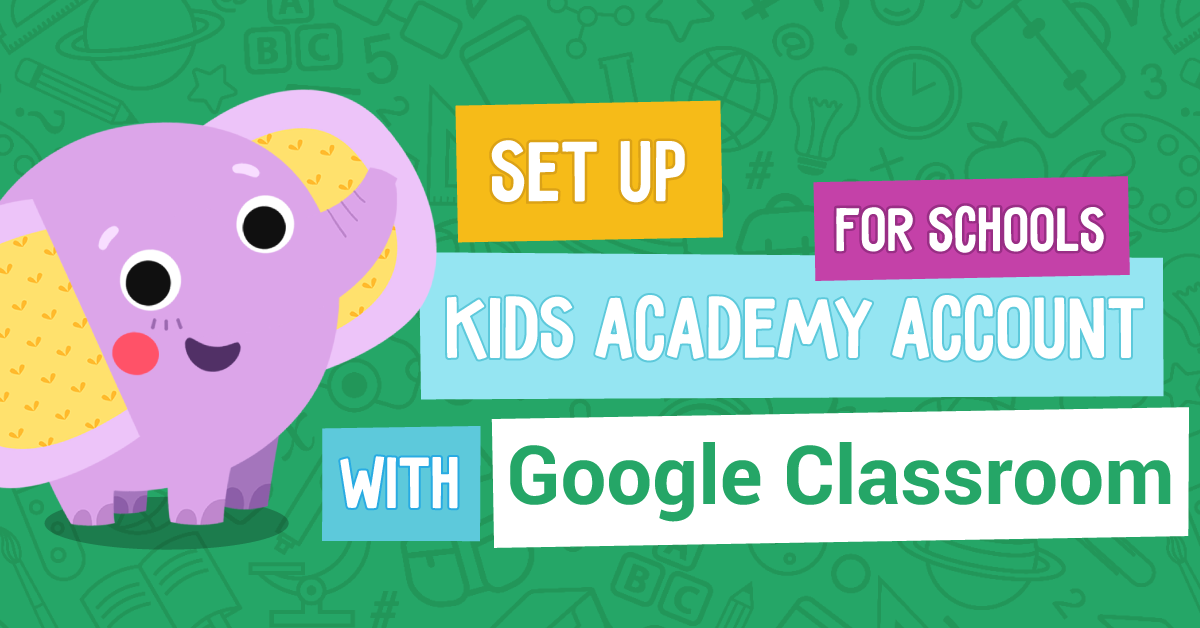Rhyming skills development Normal Reading Worksheets for 4-Year-Olds
3 filtered results
-
From - To
Enhance your child's reading abilities with our engaging Rhyming Skills Development Worksheets, designed specifically for 4-year-olds. At Kids Academy, we focus on making learning both fun and effective. These thoughtfully crafted worksheets help young learners recognize and create rhymes, a fundamental skill in early literacy. By exploring rhyming patterns, children not only build phonemic awareness but also improve their vocabulary and early reading confidence. Perfect for parents and educators, these printable resources offer a variety of fun activities to keep young minds engaged and excited about learning. Foster a love for reading from a young age with our comprehensive rhyming worksheets!


Rhyming Words Rhyming Worksheet


First Words: Picture Rhymes Worksheet
Rhyming skills are fundamental to early literacy and are essential for young children, especially 4-year-olds, as they lay the groundwork for proficient reading and spelling. Parents and teachers should focus on rhyming because it enhances phonological awareness, which is the ability to recognize and manipulate the sounds within words. This skill is crucial because it helps children understand the sound structure of language, making it easier for them to decode words when they start to read.
When children engage in rhyming activities, such as listening to nursery rhymes or creating their own rhyming pairs, they practice listening carefully to sounds, distinguishing patterns, and recognizing the relationship between sounds and letters. This auditory discrimination is a key component in learning to read because it supports word recognition, vocabulary development, and spelling.
In addition, rhyming is fun and engaging for young children. The playful nature of rhyming activities can foster a love for language and reading. Songs, poems, and word games capture children's interest and make the learning process enjoyable. This positive emotional experience is crucial as it builds motivation and confidence in their burgeoning reading abilities. Therefore, focusing on rhyming skills development ensures that children develop the foundational competencies needed for successful and joyful reading later on.
 Assign to My Students
Assign to My Students

















